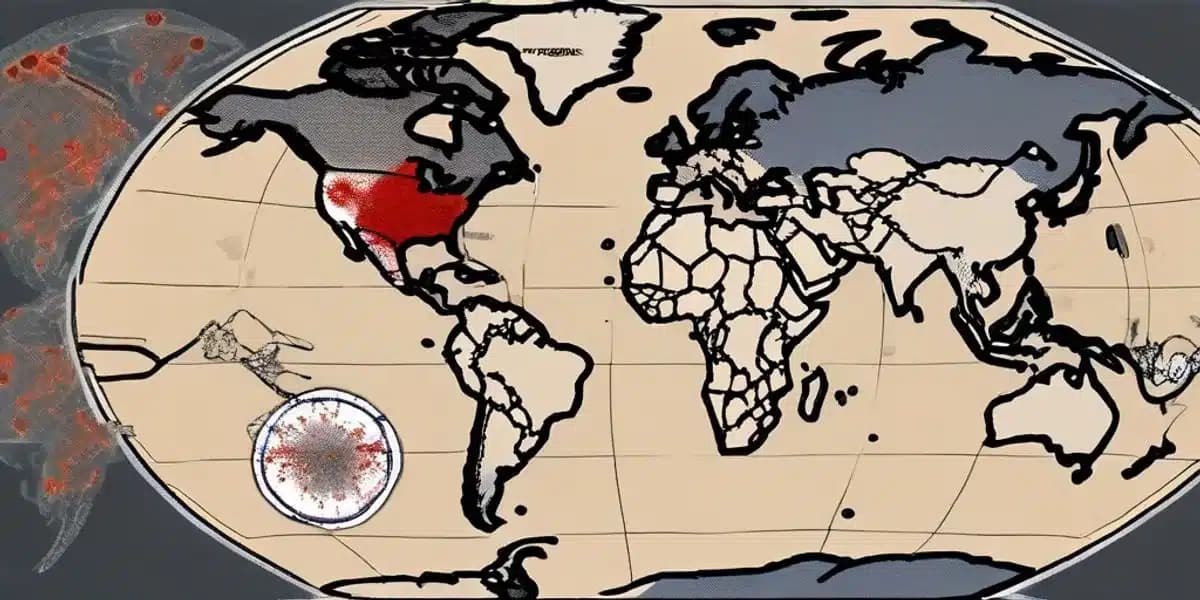
Behind Corona: Exploring Theories That Link Pandemics to World Order Schemes
The article ‘Behind Corona: Exploring Theories That Link Pandemics to World Order Schemes' delves into the intricate network of conspiracy theories that intertwine pandemics with the concept of a New World Order. It seeks to unravel the complexities of these theories and examine the impact of globalization, media narratives, and societal changes induced by health […]